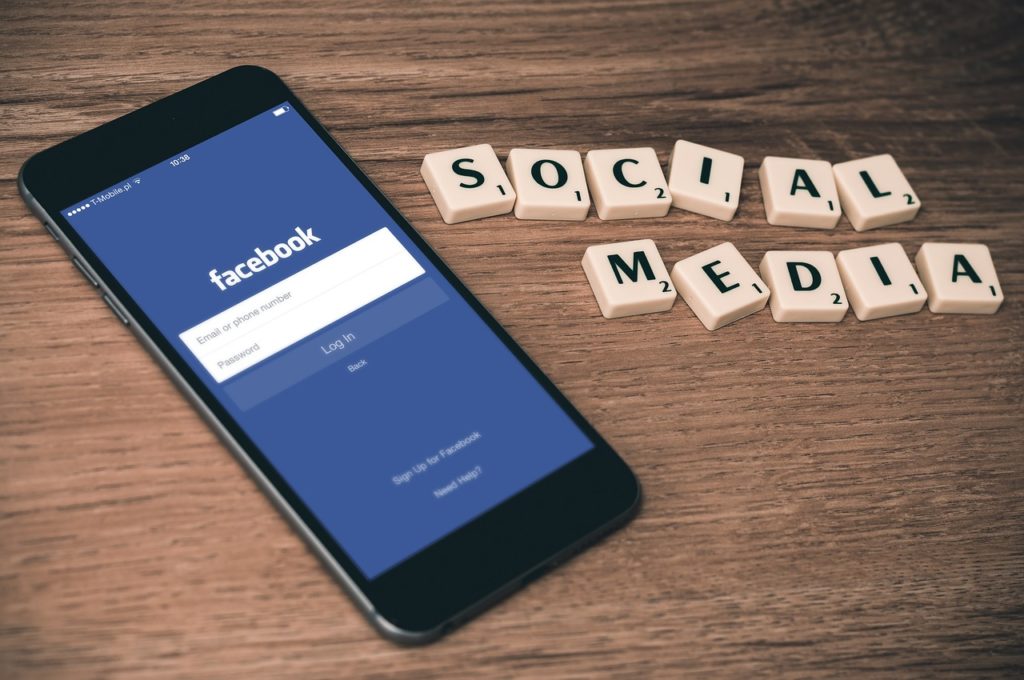
Last week, I noticed a friend of mine, let’s call him Joe, changed his social media profile picture to that of he and his ex-girlfriend. Joe posted that he loved her and wished her and her family well. I thought that’s sweet, and a bit odd for him. The next day Joe blacked out his profile picture entirely. I became concerned.
Joe’s Program
Joe had been attending AA meetings for some time. In fact, Joe had ten years of sobriety when the pressures around him became too much and he started drinking again.
But during his lengthy time of sobriety, he had worked through the 12 Steps program and encouraged others along his way.
He believed in the importance of service within the program.
It not only helped others but it helped him as well. Most recently Joe had been in and out of meetings, his regular attendance and service to others had become a thing of the past.
Joe’s Impact
This weekend was Joe’s funeral. Two days after his profile picture was blacked out, he overdosed, some say on purpose.
His service was beautiful and filled from wall to wall with people who loved him. They spoke of his service, his community, and his big heart.
Behind the Screen
Joe was most likely reaching out for help on social media by making those changes to his profile picture, but we will never know for sure.
Facebook and other social media platforms are filled with pictures of new babies, new cars, favorite meals, news, politics and inspirational sayings and jokes. But we typically do not see someone post about their struggle with addiction or depression.
Social media is often criticized for being the platform where most put their best face forward. Seeing the positive stream of everyone else’s ‘best days’ can leave a person struggling with addiction and depression feeling inadequate at best.
 It is crucial to remember that someone’s social media beaming with positivity does not mean that they are not also suffering hurt and that their lives are trial free.
It is crucial to remember that someone’s social media beaming with positivity does not mean that they are not also suffering hurt and that their lives are trial free.
On the other side, it is also important to pay attention to those who seem to be reaching out, those that may be suffering and sharing a portion of their pain.
Most social media platforms have a direct message or private message option that allow a quick “how are you?” or “let’s grab a coffee”. This may have a bigger impact on the recipient than we may know.
Reaching out for Help
Unfortunately, Joe’s story happens far too frequently, but it shouldn’t. It is time for us to step away from the screens and engage in people’s lives. Share our struggles, engage in service and encourage healing within each other. And lastly, provide solution when a friend is struggling with addiction and/or depression by taking the time to seek out professional help and let someone know that we care.
 About the author: Jane McGuire is the Executive Assistant for Jacquelyn Ekern, Founder of Eating Disorder Hope and Addiction Hope. Jane graduated from Eastern Oregon University with a Bachelor’s degree in Business. Jane believes that everyone has a story of trial, that when shared, can be used to benefit and encourage someone else who is struggling to find hope and direction.
About the author: Jane McGuire is the Executive Assistant for Jacquelyn Ekern, Founder of Eating Disorder Hope and Addiction Hope. Jane graduated from Eastern Oregon University with a Bachelor’s degree in Business. Jane believes that everyone has a story of trial, that when shared, can be used to benefit and encourage someone else who is struggling to find hope and direction.
The opinions and views of our guest contributors are shared to provide a broad perspective of addictions. These are not necessarily the views of Addiction Hope, but an effort to offer discussion of various issues by different concerned individuals.
We at Addiction Hope understand that addictions result from a combination of environmental and genetic factors. If you or a loved one are suffering from an addiction, please know that there is hope for you, and seek immediate professional help.
Reviewed By: Jacquelyn Ekern, MS, LPC on January 19, 2016
Published on AddictionHope.com
